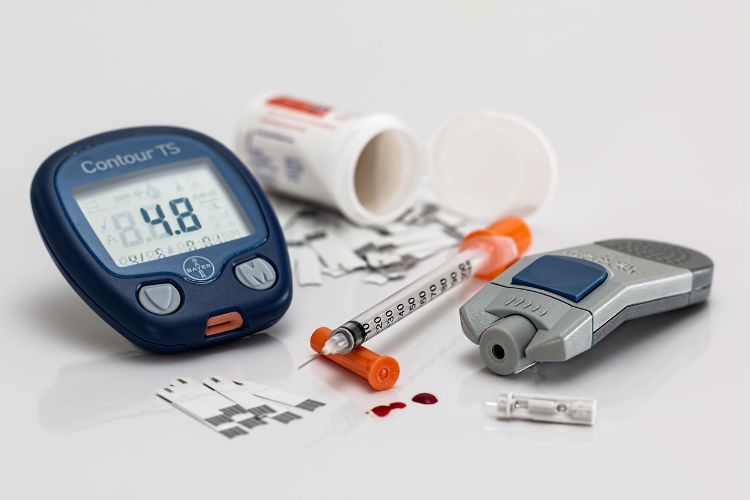Prediabetes is a condition that often goes unnoticed but can have serious implications for your health if left unaddressed. In this blog post, we’ll delve into what prediabetes is, why it matters, and how you can take steps to prevent it from progressing to full-blown diabetes.
What is Prediabetes?
Prediabetes is a condition in which your blood sugar levels are higher than normal but not high enough to be classified as type 2 diabetes. It’s a warning sign that your body is struggling to regulate blood sugar effectively. Without intervention, prediabetes can progress to type 2 diabetes, increasing your risk of heart disease, stroke, and other health complications.
Why is Prediabetes Significant?
Prediabetes is more common than you might think. According to the Centers for Disease Control and Prevention (CDC), approximately 88 million American adults have prediabetes, and 84% of them are unaware of their condition.
Understanding prediabetes is essential because it’s an opportunity to make positive lifestyle changes and prevent the development of type 2 diabetes. Here are some key reasons why prediabetes matters:
Progression to Diabetes: Without intervention, many people with prediabetes will develop type 2 diabetes within five years.
Complications: An increased risk of heart disease, stroke, and kidney disease is associated with prediabetes, even before diabetes develops.
Reversible through Lifestyle Changes: Prediabetes can often be reversed or managed through lifestyle changes, such as diet improvement, increased physical activity, and excess weight loss.
Preventing and Managing Prediabetes
If you’ve received a prediabetes diagnosis or are concerned about your risk, here are some steps that can be taken to prevent its progression:
- Healthy Eating: Focus on a balanced diet rich in fruits, vegetables, whole grains, lean proteins, and healthy fats. Limit your intake of sugary and processed foods.
- Regular Exercise: Aim for at least 150 minutes of moderate-intensity aerobic activity per week. Exercise helps improve insulin sensitivity and lower blood sugar levels.
- Weight Management: If you’re overweight, losing even a modest amount of weight (5-10% of your body weight) can significantly improve blood sugar control.
- Blood Sugar Monitoring: Work with your healthcare provider to monitor your blood sugar levels regularly.
- Medication: In some cases, your healthcare provider may recommend medication to help manage blood sugar levels.
- Stress Management: Chronic stress can affect blood sugar control, so incorporating stress-reduction techniques like mindfulness or meditation can be helpful.
Remember, prediabetes is not a life sentence. With the right lifestyle changes and support, you can take control of your health and reduce your risk of developing type 2 diabetes and its associated complications.
